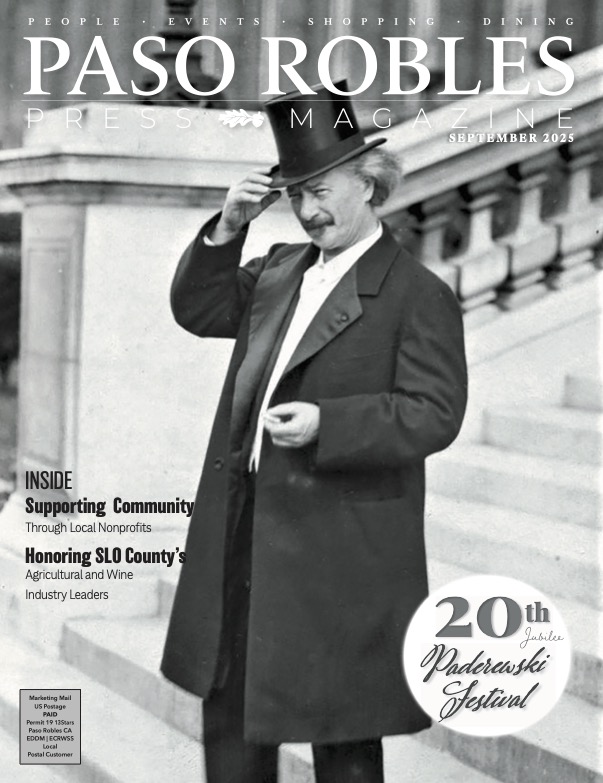Small spacecraft big in space research
PASO ROBLES — The Paso Robles City Library invites the public to learn about the CubeSats — a class of research spacecraft called nanosatellites — invented at Cal Poly in the late 1990s that have become an international design standard.

Provided to the City of Paso Robles courtesy of the CubeSat Lab in the Engineering Department at Cal Poly, the full-size CubeSat model on display in the library is an ExoCube2 design, first launched into space in 2015 and again in 2021 with a mission to monitor changes in the Earth’s upper atmosphere.

CubeSats can be carried aboard rockets that launch vertically or aboard next-generation vehicles called “spaceplanes” that launch horizontally from airport runways. Once in space, the CubeSats are released into Low Earth Orbit (LEO), where they autonomously position and orient themselves for their mission in the weightless environment using tiny rocket engines about the size of a person’s thumb.
“Having this CubeSat display available in the City Library is a wonderful opportunity for people to come see an example of what modern satellites look like and see how small they actually are, as well as learn more about modern space technology and the key role Cal Poly plays in it,” said Paul Sloan, Economic Development Manager for the City of Paso Robles.
City Librarian Angelica Fortin adds, “National Library Week is a great time to recognize the variety of ways libraries ignite discovery and learning in our community.”
Originally created for academic research, today most CubeSat launches are for commercial purposes. Some CubeSats have become many countries’ first-ever satellites.
The library is open Monday thru Friday 9 a.m. to 7 p.m. and Saturday 9 a.m. to 4 p.m. Curbside service is available during open hours. Call the library at (805) 237-3870 or visit prcity.com/library and the library Facebook and Instagram sites for more information.















